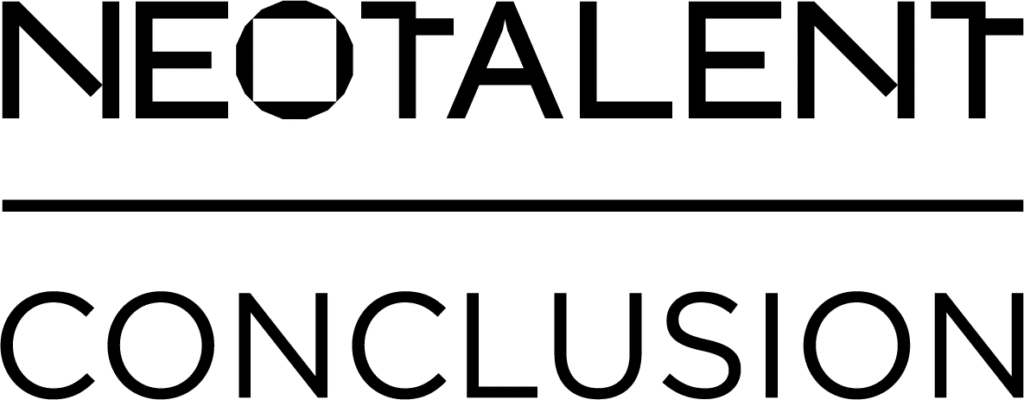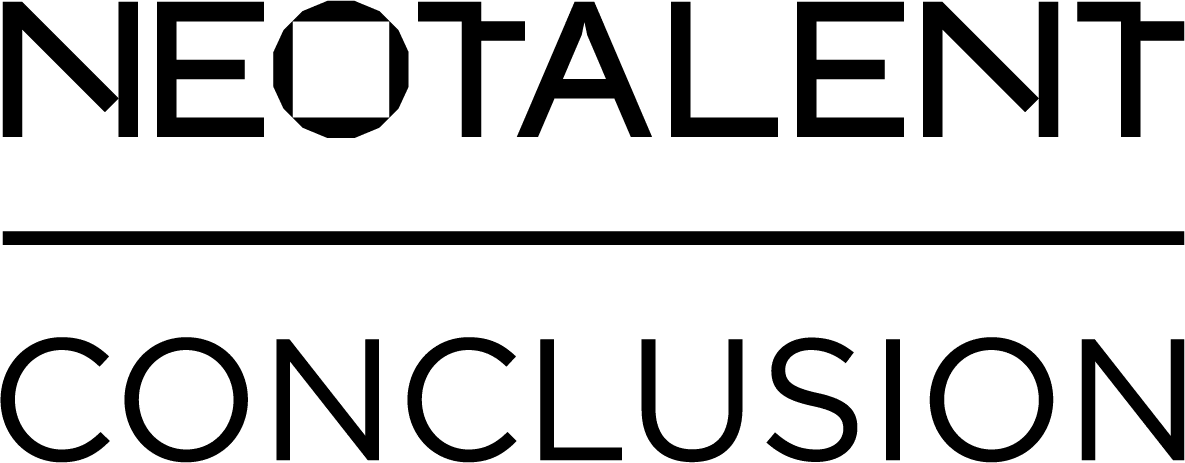September is a month of new beginnings. For students, it’s the start of a new academic year. For football fans, it’s the exciting kick-off of the season. For those who join a gym, it’s the month they realize that paying the membership fee doesn’t count as working out.
But September is also a milestone for many recent graduates: after years of preparation, it’s time to take the leap into the job market and face, for the first time, the challenge of job hunting. But after all… what are recruiters really looking for in junior profiles?
In this article, four Talent Acquisition Consultants from Neotalent Conclusion (Ricardo Domingues, Mónica Rosa, Belén Saraullo and Manuel Carrillo) share their direct experience with recruitment processes. From how to stand out in a competitive market to how to handle rejection, their advice serves as a practical guide to taking your first professional steps with confidence.
Standing Out in a Competitive Market
It’s a fact: the job market is saturated and, by necessity, highly competitive. It’s not unusual to see a job posting on your favorite portal with the tag “100+ applications” just hours after being published.
Competing under such conditions, with no prior experience, may seem impossible. But our Talent Acquisition colleagues agree on one thing: what makes the difference is attitude and how you tell your own story.
According to Ricardo, a well-prepared CV with attention to detail is key: “Without professional experience, it’s important to go into detail about your academic path: highlight the projects you worked on, the tasks you performed, and the tools and technologies you used.”
Mónica reinforces this by debunking a common myth: “Junior candidates often think recruiters only skim a CV, when in reality, the details are highly differentiating.” For her, it’s not only about education but also about what shows initiative and commitment: “hobbies or volunteer initiatives… often associated with responsibility and commitment, and they help develop soft skills like teamwork, communication, and negotiation.”
Belén highlights authenticity and the effort to stand out in a CV, even without experience, reminding us: “What we’re really looking for are your motivations: what you enjoy, what drove you to learn more to the point of pursuing further studies, what led you to your final thesis (or even a master’s).”
For Manu, both personal projects and honesty matter: “Having some personal project is always positive… but what really builds trust is not trying to fill the CV with unnecessary or invented information.” Ricardo adds a warning: overly formal language can make it harder to understand what truly defines a candidate.
Searching and Applying for Opportunities
The basic ingredients for job hunting are within everyone’s reach: a well-structured CV with academic experience, contact details, and a professional photo; profiles created on a couple of job platforms; and a cover letter explaining your enthusiasm to work at “Company X”… But, just like in cooking, basic ingredients alone make for a bland recipe.
A common mistake is sending the same CV to every vacancy. “Perhaps the most common mistake is that candidates send a very generic CV,” warns Manu. Mónica agrees: “A frequent mistake is sending the same CV for all applications, without personalizing or adapting it.” Ricardo adds: “Tailoring your CV to each opportunity is not just a bonus, it’s proof of attention to detail.”
The advice is clear: tailor your CV, highlight relevant projects, and detail the technologies used, even in academic or personal contexts. At this point, Belén offers practical tips: “When writing your CV, don’t be stingy with words and don’t limit yourself to a single page… the applications that stand out become hidden gems because they include details others omit.” Among those details, Belén highlights:
-
names of projects you participated in, even in support roles;
-
tasks performed during internships, however small;
-
volunteer experiences or Erasmus, showing adaptability and proactivity;
-
your final thesis, with the title and, if possible, links or tools used;
-
personal projects or ongoing training, directly related to your professional future..
As for channels, everyone points to LinkedIn as the main tool. Ricardo explains: “It’s the platform with the most potential and features for a candidate entering the job market. It allows you to discover opportunities, follow companies of interest, and build a network.” Manu adds that simply applying isn’t enough: “I always advise accompanying each application with a short, direct message.”
It’s worth noting that not everything happens online: “University job fairs are also great opportunities to learn more about companies, their areas of work, entry-level positions, and to ask questions directly to company representatives,” Ricardo reminds us.
The Interview Moment
Interviews are milestones in every application, and it’s natural to feel nervous. But, as Belén reminds us: “There’s no need to be afraid of expressing yourself and showing confidence. The first goal has already been achieved: you caught our attention.”
Ricardo recommends researching the company thoroughly, even contacting employees on LinkedIn to be better prepared. Manu adds: “Pre-interview preparation is often underestimated: knowing the company, its culture, what it does, its size, and preparing key questions.”
Personal presentation is just as important, as Ricardo emphasizes: “We perceive potential more easily when a candidate demonstrates self-awareness of their motivations, interests, academic or personal projects, communicating in an organized way and presenting skills with concrete examples.”
Mónica stresses that posture matters as much as speech: showing enthusiasm, listening carefully, communicating clearly, and maintaining eye contact all help build human connections. Manu also offers a practical tip: “It’s important to be in a comfortable, quiet place… many interviews happen on trains or in the street, and that doesn’t convey seriousness.”
In the end, all four agree: what sets a promising junior apart isn’t having perfect answers, but curiosity, communication skills, and a genuine eagerness to learn.
“No one knows more about you than you do, so there are no right or wrong answers when you talk about who you are and what motivates you in the job market,” concludes Belén.
Dealing with Rejection and Uncertainty
Getting a “no” or no response can be discouraging, especially at the start. But it’s rarely a reflection of a candidate’s abilities: more often, it depends on competition, timing, or even the company’s budget. As Manu explains: “Every process is a new opportunity: you gain confidence by answering questions, you learn to structure responses better, and you refine the way you convey your experience and motivation.”
Mónica shares the same view: rejection should be seen as “an opportunity for growth.” She advises asking for feedback and not hesitating to follow up politely: many recruiters remember candidates who left a good impression.
Following up is also one of Ricardo’s points: a “no” should be understood as training for future processes. “When receiving negative feedback, it’s important to ask the recruiter what didn’t go so well and what can be improved,” he notes, reminding us that silence doesn’t necessarily mean rejection.
Belén brings a practical perspective: “your first job is to find a job.” Like any job, it requires effort, organization, and resilience, but also rest to maintain motivation. Job hunting itself is a learning process where improvement comes with practice.
In short, a “no” never means “you’re worthless”: it’s part of a path where resilience, seeking feedback, and a proactive attitude make all the difference.
In Conclusion…
For a junior candidate, every step in the job market is new: the first CV, the first interview, the first job. As Belén reminds us, what remains constant are your abilities, your knowledge, and your motivations.
Potential is not measured in a straight line or by comparison with others. As Manu summarizes: “A career is not a straight line nor a competition, but a journey of personal discovery and continuous growth.”
To follow that path, Mónica recommends setting goals, building a network, and not being afraid to step out of your comfort zone. She learned that hiding limitations isn’t necessary: being genuine and honest creates trust and shows real motivation.
Ricardo agrees: staying curious and continuing to learn, even after landing your first job, is essential. He suggests identifying areas for improvement, reinforcing them through training, and using each recruitment process to gain clarity about your interests and strengths. He also highlights a key lesson: in interviews, long technical answers aren’t enough—you need to share concrete examples and communicate transparently.
Starting your professional journey may be challenging, but it’s also a unique opportunity for growth. What feels like uncertainty today will turn into experience and confidence tomorrow. And along the way, the most valuable asset is not a flawless CV, but the ability to learn, embrace new opportunities, and keep curiosity alive.
Por Ricardo Domingues, Mónica Rosa, Belén Saraullo & Manuel Carrillo, Talent Acquisition Consultants at Neotalent Conclusion





